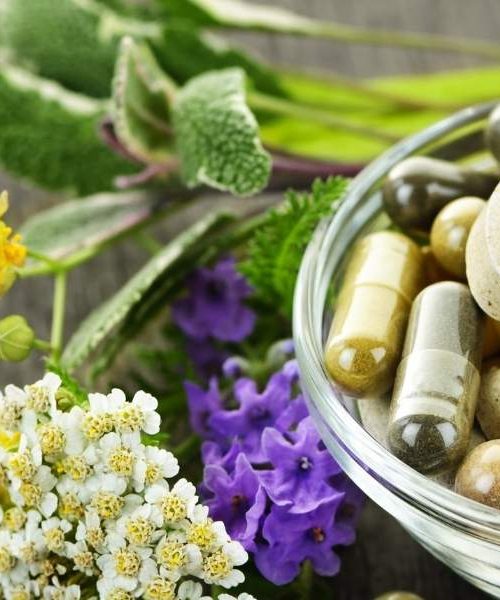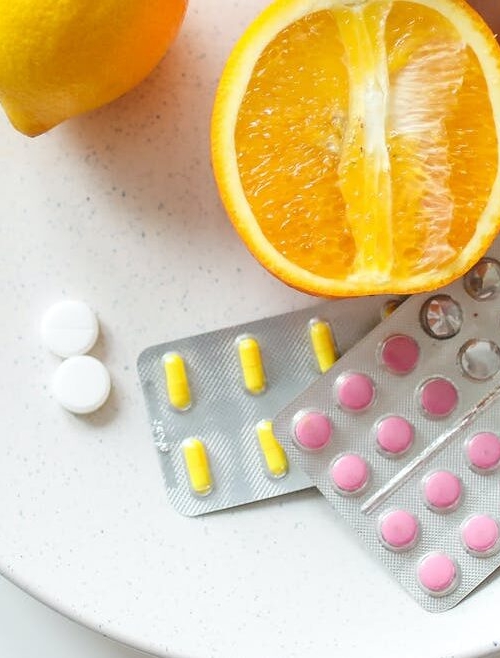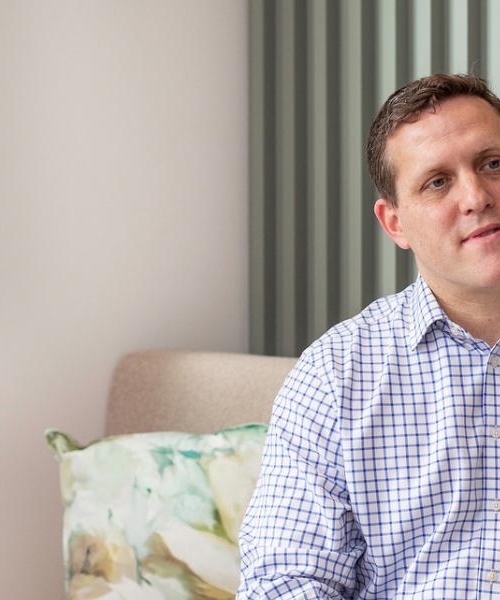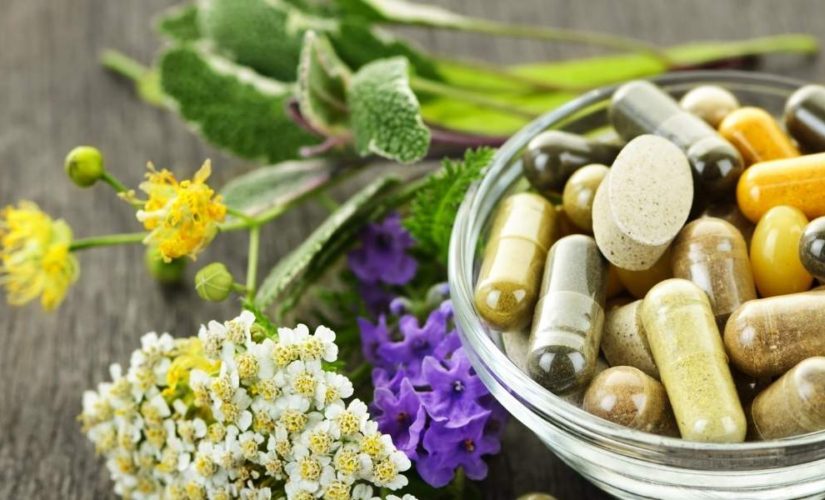Vitamin D and fertility
It is claimed that Vitamin D has the potential to improve both semen quality and ovarian stimulation, read on to understand the link between Vitamin D and fertility.
Vitamin D and fertility
Vitamin D is essential for our body and plays a pivotal role in regulating calcium and phosphorus levels in the blood, keeping our bones healthy. The main benefits of Vitamin D include:
– Strengthening bones and muscles
– Supporting the immune system
– Improving oral health
– Helping with weight loss
– Potentially reducing the risk of cancers
– Treating hypertension
– Possibly protects us from diabetes
– Supporting a healthy pregnancy
Most of us get our intake of Vitamin D from sunlight, spending just 20 minutes a day in the sun is enough to boost levels. However, in the winter months, it is harder to get the full intake of Vitamin D from the sun due to fewer sunlight hours, colder weather and spending more time indoors. During these months you may want to consider adding additional Vitamin D to your fertility diet.

How are Vitamin D and fertility linked in women?
Vitamin D appears to be linked to both better fertility and a healthier pregnancy for women. Previous studies have displayed various results in the relationship between Vitamin D and fertility.
Some studies have been able to suggest that healthy levels of Vitamin D can improve the success of IVF and the transfer of frozen donor egg embryos. On the other hand, some studies have shown results that do not support this connection.
Vitamin D levels of 30ng/ml in the blood have been associated with higher pregnancy rates in women, as opposed to those with lower levels. Studies have found that women with normal levels of Vitamin D are four times more likely to conceive through IVF than those with low levels.
Investigations have also shown that pregnant women with higher levels of Vitamin D had higher live birth rates than those with lower levels. So whilst high levels of Vitamin D may not be increasing fertility, the evidence seems to suggest that deficiencies can be detrimental to fertility and healthy pregnancies.
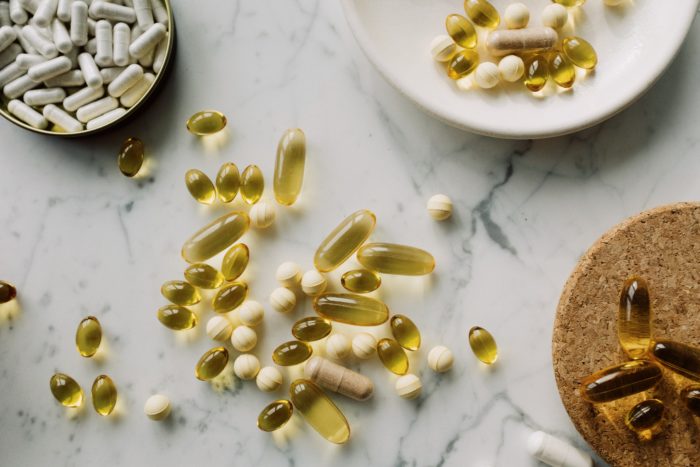
How are Vitamin D and fertility linked in men?
High levels of Vitamin D and male fertility have been linked to improved semen quality and sperm motility. Research has shown that increased levels of Vitamin D in men can raise the calcium levels of their sperm. The increased calcium levels in sperm then increase motility.
Other studies have also shown that Vitamin D deficiencies in men can lower sperm motility and the total number of motile spermatozoa. So avoiding a Vitamin D deficiency can help to increase fertility in men.
Vitamin D deficiency and fertility
Whilst increasing levels of Vitamin D to above an average amount may not necessarily improve fertility, lower than normal levels or deficiencies have been linked to fertility problems. Studies have shown that a Vitamin D deficiency is a risk marker for fertility problems and undesirable pregnancy outcomes.
As well as the link between Vitamin D deficiency and fertility, there is also an association with low Vitamin D levels in breast milk. This is detrimental as Vitamin D is essential for musculoskeletal health in both adults and newborns.
Increasing levels of Vitamin D for fertility
If you are trying to conceive, or have already, it is worthwhile making sure that you are getting enough Vitamin D. The sun is one of the best sources of Vitamin D and making sure you are getting at least 20 minutes a day is a good way to increase your levels.
Aside from getting sunlight, you can also add Vitamin D to your diet by eating the following foods:
– Fatty fish and seafood, including salmon, tuna and mackerel
– Red meat
– Liver
– Egg yolks
– Foods that have been fortified
Dietary fertility supplements and tablets are also available that contain Vitamin D, so if you are not inclined to the above foods, consider a supplement.
A healthy daily dosage of vitamin D in adults is 10 micrograms. Overconsuming Vitamin D for an extended period can cause an excessive build-up of calcium in the body. This can lead to weaker bones as well as damage to the heart and kidneys. More than 100 micrograms of Vitamin D a day can be considered harmful.
Read our full article on fertility vitamins here.
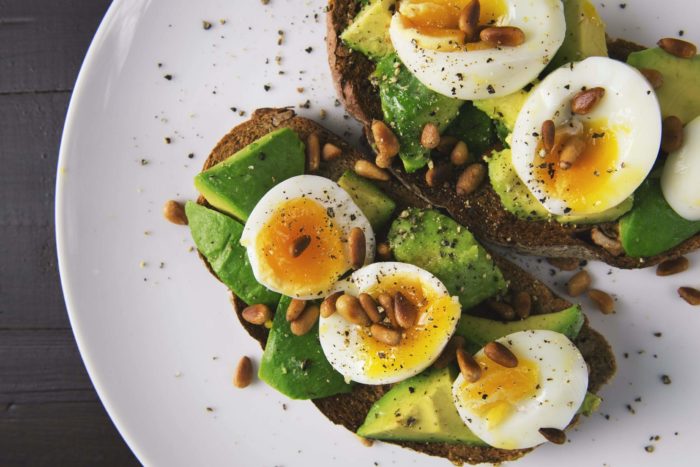
How can we help?
At The Evewell, we care deeply about all of our patients and their loved ones. If you are worried about your fertility or considering treatment, please get in touch with us to see how we can help. We can arrange a consultation with one of our specialist doctors to guide you through any options or refer you to our fertility counsellor for support. Whatever your needs, we are here.
Get in touch by either emailing us at appointments@evewell.com or giving us a call on 020 3974 0950.
